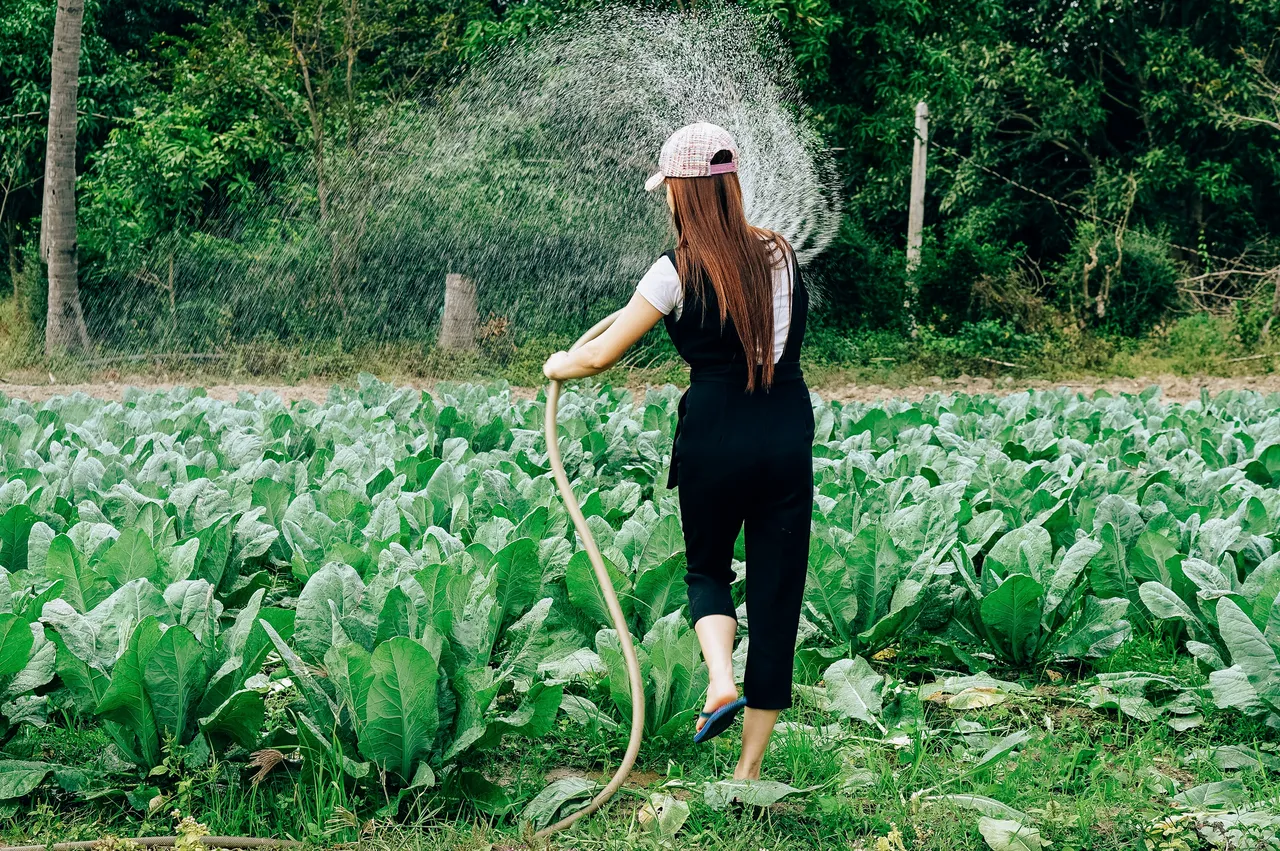Building a Backyard Ecosystem: Integrating Nature’s Allies into Your Garden
Did you know that your backyard can serve as a mini biodiversity reserve? Creating a backyard ecosystem is not just about beautifying your space. It's about fostering a vibrant environment that supports local wildlife and enhances the health of your garden. By integrating nature’s allies, such as beneficial insects, birds, and native plants, into your gardening practices, you can cultivate a thriving ecosystem that benefits both you and the planet. In this article, we will explore the benefits of backyard ecosystems, the role of natural allies in gardening, and practical steps to create a harmonious space in your backyard.
Understanding Backyard Ecosystems
A backyard ecosystem refers to the interconnected web of life that exists within your garden. This includes plants, animals, insects, and microorganisms that interact with one another. By promoting biodiversity, you create a resilient ecosystem that can withstand environmental changes and pest pressures. But what exactly are nature's allies? They are the organisms that contribute positively to your garden, such as pollinators like bees and butterflies, as well as predatory insects that help control pests.
Benefits of Building a Backyard Ecosystem
Promoting Biodiversity
Incorporating native plants into your garden plays a vital role in promoting biodiversity. These plants provide habitats for various species, including birds, butterflies, and beneficial insects. For example, planting milkweed attracts Monarch butterflies, while sunflowers provide food for various bird species. A diverse garden not only enhances its beauty but also increases its resilience, allowing it to better cope with pests and diseases. As noted in Bring Biodiversity and Its Benefits to Your Garden, wildlife plays a key role in supporting the ecosystems necessary for food and overall functioning. Imagine watching a variety of butterflies fluttering around your garden, knowing that you are providing them with a safe haven.
Ecological Balance
A well-designed garden with diverse plant species can naturally regulate pest populations, reducing the need for chemical pesticides. This ecological balance is vital for maintaining a healthy garden environment. According to How Can My Yard Contribute to Community Ecology, such landscapes can significantly lessen pest and disease issues. Have you ever noticed how a garden filled with diverse plants seems to have fewer pest problems? This is no coincidence. By planting a mix of flowers, herbs, and vegetables, you can create a balanced ecosystem that thrives without synthetic chemicals.
Soil Health and Water Management
Healthy soil is the foundation of a thriving garden. It supports robust plant growth and helps reduce runoff. By creating various plant layers and integrating features like ponds, you can improve microclimates and enhance water retention. The importance of healthy soil is emphasized in How Healthy Soil Makes Healthy Plants and Ecosystems. For instance, a garden with rich, healthy soil not only grows vibrant plants but also helps filter rainwater, preventing erosion and promoting sustainability. Adding compost today will enrich your soil, leading to healthier plants and a more productive garden.
Transforming Your Garden with Biodiversity-Boosting Water Features
Water features, such as ponds, can cool local areas and improve biodiversity. They create habitats for aquatic life and attract various wildlife, enhancing the overall ecosystem. The benefits of ponds are discussed in 7 Ecological Benefits of Incorporating a Pond in your Yard. Picture a tranquil pond, where the sun glints off the water and dragonflies skim the surface, bringing life into your garden. Adding a small pond can also create a microhabitat for frogs and other amphibians, which play a vital role in controlling insect populations.
Fostering a Connection to Nature
Wildlife gardens not only support local ecosystems but also foster a deeper connection between people and nature. By creating spaces that attract wildlife, you can enhance your gardening experience and promote a sense of community with the natural world. The positive contributions of wildlife gardens are highlighted in Benefits of Gardening for Wildlife. Have you ever felt a sense of joy watching birds feed at your bird feeder? This connection to nature enriches our lives and encourages us to be stewards of the environment.
Practical Steps to Create Your Backyard Ecosystem
To create your backyard ecosystem, start by selecting native plants that are well-suited to your region. These plants are better adapted to local conditions and provide essential habitats for wildlife. Consider designing your garden layout to include various plant heights and types, which will support different species and encourage a wider range of wildlife to visit. Incorporate features like ponds, birdhouses, and insect hotels to attract wildlife and enhance biodiversity. Finally, implement natural pest control methods, such as companion planting, to manage pests without harming beneficial organisms. Remember, while native plants are ideal, it might take time to find local sources, and initial pest populations may fluctuate.
Conclusion
Building a backyard ecosystem is a rewarding endeavor that offers numerous benefits. By integrating nature’s allies into your garden, you can promote biodiversity, support local wildlife, improve soil health, and foster a deeper connection with nature. Start today by adopting practices that create and maintain these ecosystems for a healthier environment. As stewards of our gardens, we hold the power to make a significant impact on our local environment. Consider joining local gardening groups or sharing your experiences online to inspire others to do the same. Together, we can cultivate a greener, more sustainable future.
This article was developed using available sources and analyses through an automated process. We strive to provide accurate information, but it might contain mistakes. If you have any feedback, we'll gladly take it into account! Learn more


